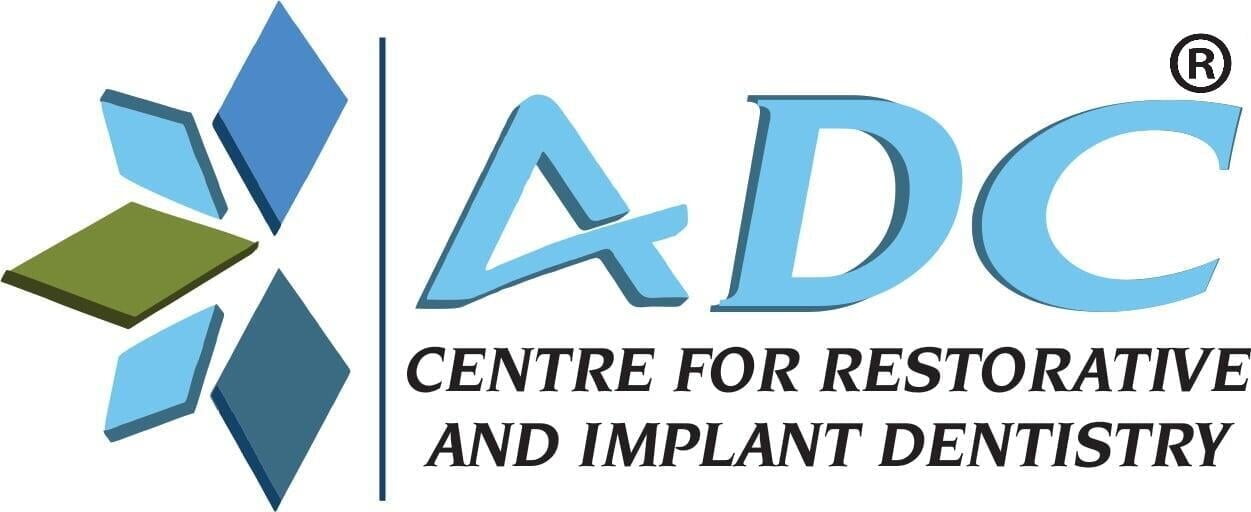The Scaling and Deep Cleaning are the procedures that removes bacterial plaque and tartar from the tooth surfaces and root surfaces below the gum-line respectively. If you had a Scaling or Deep Cleaning treatment, you should follow these instructions as far as possible as instructions will help you to avoid any possible infection and unnecessary pain. Following these Instructions will help you heal quickly and stay comfortable. In case you experience any complications, you are requested to contact our front office immediately.

Immediately After Scaling or Deep Cleaning
Gum Redness: It is normal to experience some minor bleeding or gum redness, minor swelling, irritation after the scaling or deep cleaning procedures. Avoid rinsing the mouth for 24 hours after the procedure as it may disturb the clot.
Avoid Spitting: You should not spit for the rest of the day and also avoid spitting for next 24 hours. Clean tissue can be used to wipe your face if required. Saliva, if any in the mouth can be swallowed. You are advised to drink straight from the glass. Negative pressure in the mouth while drinking with straw, smoking can lead to dislodgement of the blood clot. Smoking can also increase the chances of infections.
Avoid touching the Gum-line area with tongue or fingers: Avoid touching the Gums or area around the Gum-line area with your tongue or fingers to minimize the irritation and chances of infection. Disturbing the area will cause early wound breakdown and exposure resulting in a higher chance of failure.
Avoid Hard and Sticky Food Items: You should avoid taking hard and sticky food items for next few days.
Smoking and Alcohol Consumption: Smoking and Alcohol after having Scaling and Deep Cleaning Treatment can adversely affect your chances of a successful healing. Nicotine reduces oxygen flow to your gums and tissues which results in longer healing time and increased chance of infection. Smoking is also a factor to cause severe gums and periodontal diseases. Hence, it is recommended to quit or avoid smoking during your recovery period.
Take Rest:Avoid strenuous activities for the first 48 hours. Avoid any strenuous physical exercise which can lead to an increase in blood pressure and heart rate.
For Pain
The Scaling and Deep Cleaning procedures reduces inflammation/infection around the tooth and allows the gums to reattach to the root surface. The pain and discomfort caused by the treatment can range from mild to severe, but should subside within a few hours to days. Any discomfort, such as mild throbbing or aches, are usually temporary and disappears within four hours. Reduce your vigorous brushing intensity if you experience pain; the pain should go away in 24 to 48 hours. Extreme temperatures and sweet foods may make your teeth sensitive. Continue to consume warm foods and beverages until the sensitivity subsides.
Special Considerations
You can brush your teeth, avoiding the gum-line area next day morning. Be gentle and avoid spiting or rinsing forcefully. You have to be very gentle in and around the gums. Begin to carefully clean tooth around gums area with a toothbrush. Rinse your toothbrush under hot water to soften the bristles and avoid vigorous extensive rinsing. Rinse the mouth keep the area clean following every meal so that food particles do not get stuck in the treated area. This will reduce the chances of developing an infection around the treatment site. Using the antiseptic mouthwash as prescribed by your doctor also helps in reducing the chance of infection. These are a list of cleaning products that can be used to clean the treated area:
- Toothbrush: Use a soft bristles toothbrush to remove food debris and plaque accumulation as they will prevent gum damage as well as disruption of the blood clot . Electric toothbrush with soft bristles can also be used as it works more effectively than manual toothbrushes due to greater number of strokes generated than the human hand.
- A dental flosser/ water flosser is an oral health appliance that provides a stream of pulsating water to floss between your teeth and below the gumline. They are design and attached with rubber-tip stimulators and other attachments to effectively clean difficult to access areas as deep as 6 mm . Most dentists recommend water flossers over dental floss due to their ease of use and effective cleaning.
- Sulcus Cleaning Brush: It is a specialized brush for cleaning and removing food debris and plaque from the gums and below the gumline into the sulcus. It is one-third the size of a regular toothbrush and can be used in a gentle back & forth sweeping motion at the level where your tooth and gum meet. It makes dental care more easier and effective.
You can start rinsing the next day (after 24 hours) gently with some Luke warm salty water 6 to 8 times a day. Avoid using alcohol containing mouth rinses and mouthwashes for next few days. Sometimes facial muscles stiffness can cause problems in mouth opening for several days. Luke warm saline rinses and heat compression can provide great relief. To make a salt water rinse, add 1 teaspoon of salt to a cup of warm water. Once the salt dissolves, you can gently swish the mixture in your mouth for about 30 seconds and then spit it out once you are done. This helps to decrease the amount of bacteria inside the mouth without causing irritation to the incision. Read benefits of Salt Water Rinses in Detail.
Home Remedies
- Tips for minimizing the symptoms: You might experience pain while chewing hard foods such as meat or raw vegetables if the scaling or deep cleaning were extensive. This should subside in a few days. You should stick to a softer diet until chewing becomes easier. Avoid sticky, hard foods (popcorn, nuts, ice cubes, chips), acidic, spicy, brittle, or heavily seasoned. Pasta, scrambled eggs, soups, macaroni, mashed potatoes, and cheese. Consume nutritious foods and drink plenty of water.
- Bleeding: Minor bleeding, such as a pinkish tint to your saliva, is possible in the first 48 hours after surgery. For the rest of the day, avoid extremely hot foods and DO NOT rinse your mouth, as this will often prolong the bleeding. If the bleeding persists, apply light pressure to the affected area with moistened gauze or a moistened tea bag. Maintain this position for 20-30 minutes without checking to see if the bleeding has stopped. If the bleeding persists after the first 48 hours, don't hesitate to contact our office as soon as possible to notify the doctor and receive further instructions.
- For pain and sensitivity: Slight swelling of the operated area is not uncommon. Following treatment procedures, you may experience some tooth sensitivity, particularly to cold. Sensitivity usually decreases within a few weeks of surgery and can be reduced by keeping the area as clean as possible. If the sensitivity is severe, consult a doctor for advice or medication to alleviate the discomfort.
Continue home care as directed, and if symptoms persist, contact our office immediately. As the gums heal, they will appear pinker, less swollen, and bleed less when flossing.
Join the movement #paperless
Going Paperless can help save the Earth from climate change and biodiversity loss. It is a big task, but we know we can do it together. Get Help in going Paperless.
Medical Disclaimer:
The content of ADC-Centre for Restorative and Implant Dentistry's Blog/website is for information only, not advice or guarantee of any outcome. Information is gathered and shared from reputable sources; however, ADC-Centre for Restorative and Implant Dentistry is not responsible for errors or omissions in reporting or explanation. No individuals, including those under our active care, should use the information, resources or tools contained within to self-diagnosis or self-treat any health-related condition. ADC-Centre for Restorative and Implant Dentistry gives no assurance or warranty regarding the accuracy, timeliness or applicability or the content.
ADC-Centre for Restorative and Implant Dentistry accepts no liability for errors, inaccuracies, omission, or misleading statements. ADC-Centre for Restorative and Implant Dentistry excludes liability for any losses, demands, claims or damages of any kind regarding information, content, or services at this blog/website. The information may be updated at any time, especially as medical/dental discoveries and research evolves regarding the dentistry and its conditions. At no time does ADC-Centre for Restorative and Implant Dentistry take any responsibility for any action taken or care chosen in reliance on information contained in this blog or this website.















